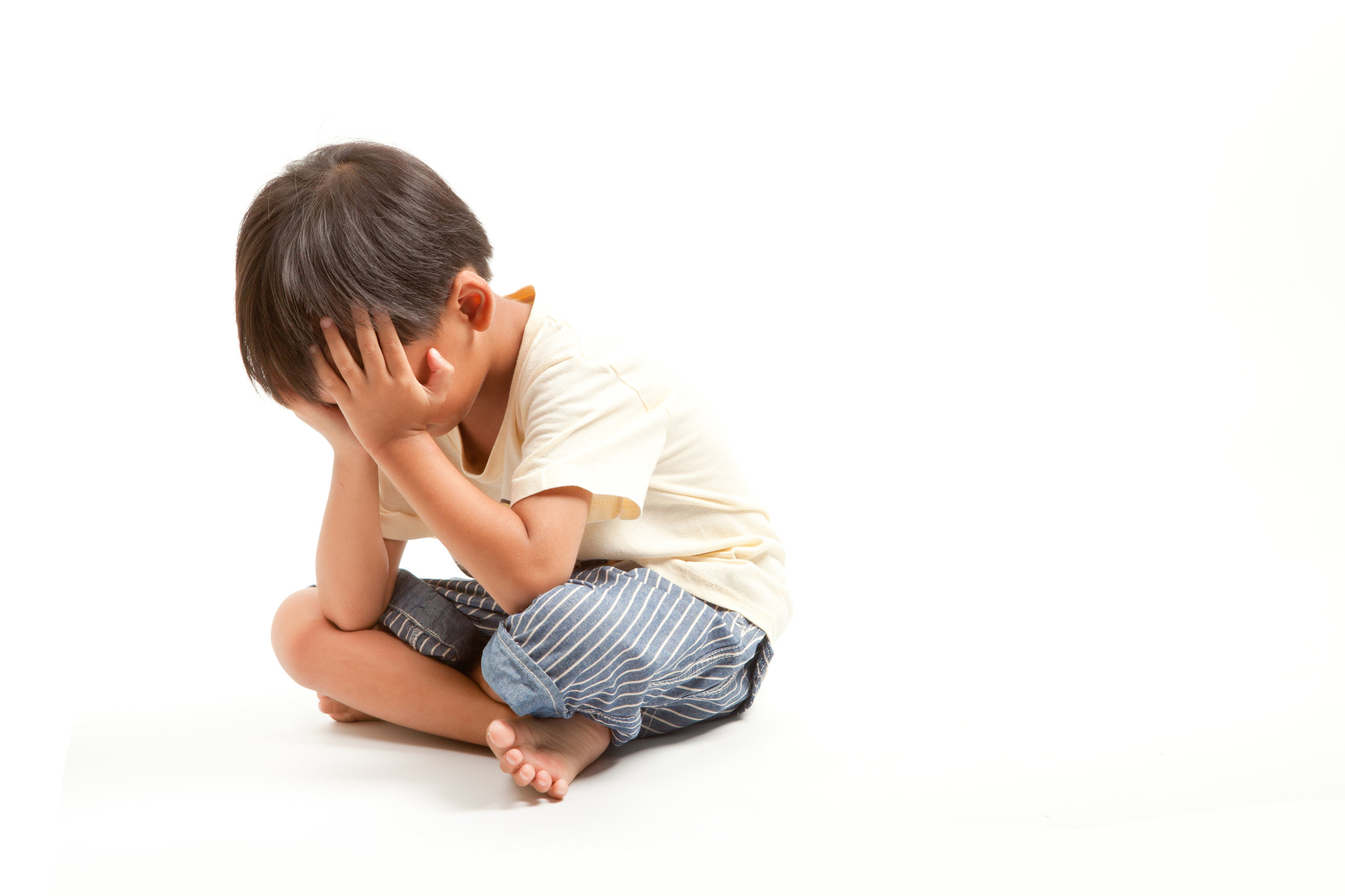Cold Weather Brings More than Winter Woes, by guest writer Caleb Anderson
/Cold Weather Brings More Than Winter Woes - by Caleb Anderson - http://recoveryhope.org/
It’s not uncommon to get a little down in the dumps when winter weather arrives. Most of us get over it pretty quickly and actually start to look forward to crisp temperatures, hot cocoa and snow days. But for the millions of Americans who suffer with Seasonal Affective Disorder (SAD), cold weather means crippling depression that doesn’t go away until spring.
If you or someone you love shows signs of depression that occur only in the winter months, SAD may be the culprit. Here are a few tips on how to manage seasonal sadness:
Go outside. One of the most effective ways to put SAD on hiatus is to simply go outside when the sun is shining. The Mayo Clinic lists reduced exposure to sunlight as a potential trigger for SAD and reports that more nighttime hours can disrupt your circadian rhythm and reduce your body’s level of serotonin.
Look to the light. If getting outside is not an option, there are ways to see the light from behind closed shutters. Your doctor may recommend a light therapy box. These are available without a prescription. However, these bright light therapy devices, which range in price from $25 to several hundred dollars, are not regulated by the FDA and may increase your risk for overexposure to UV rays.
Talk about it. Similar to traditional depression, those who suffer with Seasonal Affective Disorder may benefit from speaking with a cognitive behavioral therapist. Therapy, when used alongside other treatment methods, may reduce your risk of experiencing a recurrent bout of SAD in subsequent years.
Get creative. Using art to get in touch with your feelings may help you overcome depression, seasonal or otherwise. The American Art Therapy Association was founded in 1969 and advocates the use of artistic endeavors to help patients come to term with everything from posttraumatic stress disorder to OCD. Even if you cannot afford this integrated therapy, the simple act of drawing, painting, writing or playing music may help you relax long enough to see the world outside of your depression.
Take your vitamins. Vitamin D deficiency has been linked to Seasonal Affective Disorder, along with cancer, asthma and numerous other health conditions. Consider investing in a high-quality vitamin D supplement, which may reduce or alleviate some symptoms of SAD.
Stay in motion. Taking care of your physical health does more than just make your body strong. Exercise triggers chemicals in your brain that can help counter depression. When you stay in motion, your body feels better. This can make it easier for you to cope with stress and other issues that can exacerbate negative feelings.
Do something you love. Perhaps the most important thing you can do while fighting depression is to simply do something you enjoy. Give yourself a quick mental health boost by participating in activities that make you happy. This could be reading, which can give you a timeout in the midst of a hectic day; taking a walk in the park, which will help you clear your mind; or volunteering, which will help you put your life into perspective. Behavioral Wellness & Recovery also suggest spending time with animals and considering a service dog to help you cope with anxiety.
Even though SAD is a temporary, it can have long-lasting effects on your self-esteem as well as your relationships. It’s a debilitating mental health condition that you must actively work to overcome, and you can overcome it. So get outside, enjoy the light and make your physical and mental health a priority today and every day. Soon, the sun will return, and you will feel better and be better prepared for next year’s winter woes.



